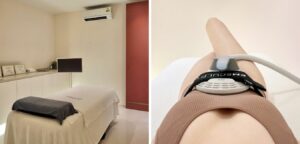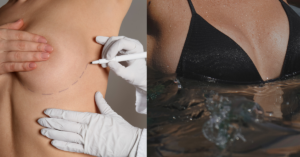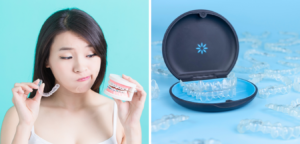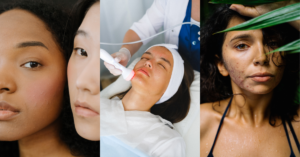#Insider Spotlight
Unmasking the Truth: A Candid Interview with Dr. Don Lau on Conquering Eczema
Get to know eczema better!
By: Farah Khan / June 13, 2023
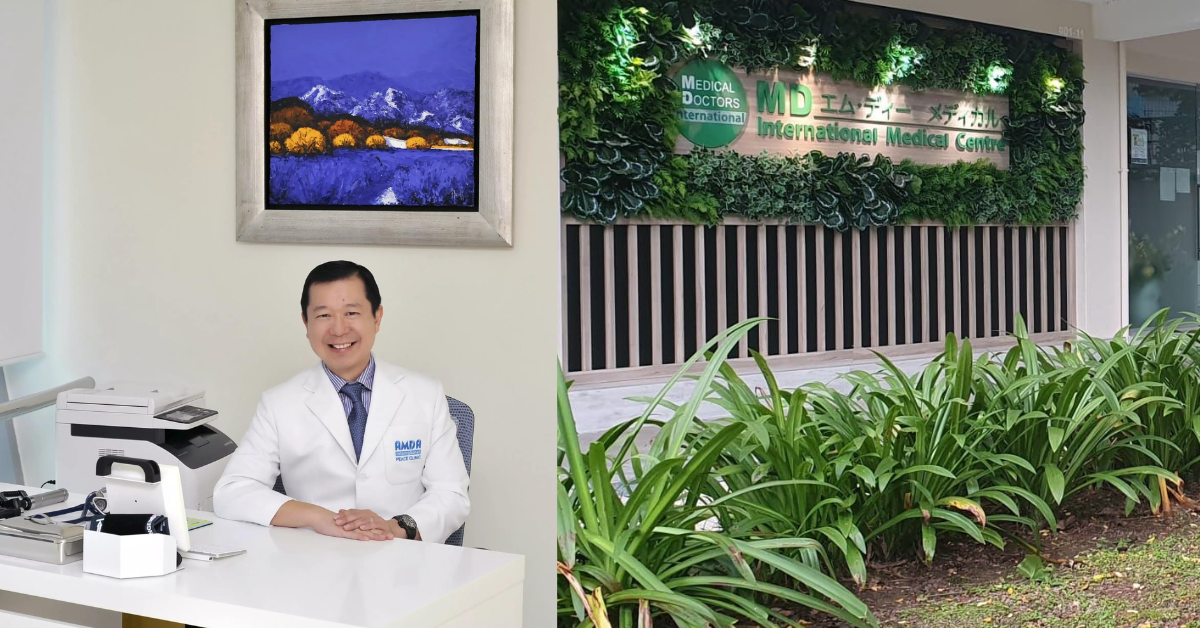
Dr. Don Lau graduated from Monash University in 1995 and embarked on a path driven by a strong desire for knowledge. He specialized in Dermatology, obtaining a Post-graduate Diploma in Practical Dermatology from Wales, UK in 2005. Dr. Lau focuses on investigating and understanding dermatological conditions, such as skin tumors, allergies, and various skin afflictions. He gained experience in renowned medical groups in Singapore, including Parkway Medical, where he contributed to the establishment of a comprehensive medical facility with resident General Practitioners and a team of in-house and visiting specialists. Dr. Lau is a founding partner of Healthsense Specialist Clinic and Supersight Lasik Clinic, as well as the visionary behind Nihon Premium Clinic, demonstrating his commitment and contribution to the medical field.
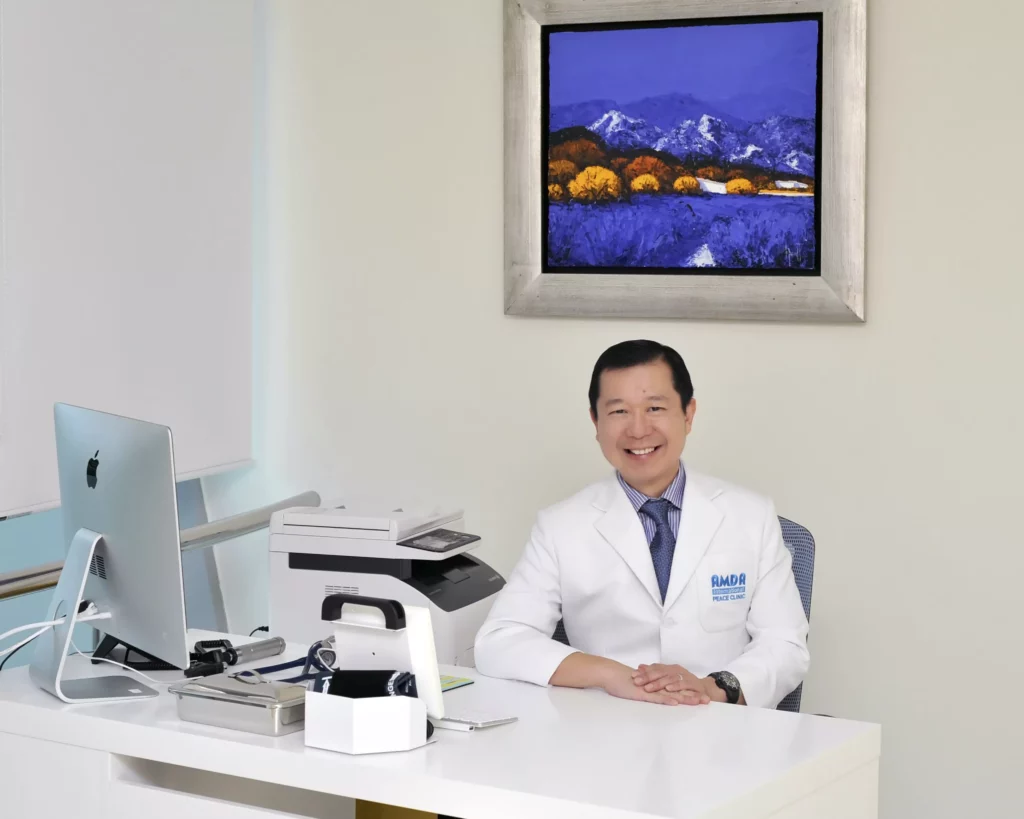
In addition to his local family practice in Tiong Bahru, Dr. Lau has extended his endeavors internationally. He has actively participated in medical missions in countries like Nepal, Mongolia, and Japan, through his association with AMDA International, demonstrating a commitment to providing compassionate care. Dr. Lau’s rebellious spirit is evident in his approach to medical practice, as he endeavors to empower the next generation of medical professionals by promoting holistic, preventive medicine. With a relentless pursuit of optimal health outcomes, he advocates for the importance of nutrition, exercise, and positive lifestyle changes, challenging traditional norms and advocating for a transformative approach to healthcare.
Read our interview with Dr. Don Lau of MD International Medical Centre below!
Interview with Dr. Don Lau
What are the most common triggers of eczema/atopic dermatitis, and how they contribute to the development of symptoms?
Atopic dermatitis is a complex and multifactorial condition. Recent research indicates that genetic factors are involved with the outermost layer of the skin’s proteins resulting in the decrease of structural proteins located there – such as filaggrin, locrin, involucrin and corneodesmosin. Natural occurring biological antimicrobial peptides LL-37 and beta-defensin are also decreased resulting in the increased risk of bacterial infection. Environmental factors, humidity, and skin irritants.
What are the most effective topical treatments for managing eczema flare-ups, and how do they work to alleviate symptoms such as itching and inflammation?
Treatment of atopic dermatitis is generally in 3 approaches.
- Trigger avoidance which includes strong soap, perfumes, allergens (food or environmental),
stress (emotional or physical), sweating, climate (dryness and cold) and infection. - Regular moisturizer
- Medical treatment
Newer therapies recently developed include laser/photodynamic treatment and biologics.
What are the most effective topical treatments for managing eczema flare-ups, and how do they work to alleviate symptoms such as itching and inflammation?
Oral or systemic treatments for severe eczema include :
- Cyclosporin
- Short term steroids
- Immunomodulatory drugs like methotrexate, azathioprine, alitretinoin
- Phototherapy/ lasers
- Allergen-specific immunotherapy
- Biologics
How can patients with eczema best manage their conditions on a day-to-day basis, and what lifestyle changes or habits should they adopt to prevent flare-ups?
Day-today management of patients with eczema should include:
- Trigger avoidance like excessive bathing, exposure to extreme temperature, chemical irritants like soap and perfumes and rough-tight fitting clothing
- Clothes and sheets should be washed in unscented detergent.
- Bath and shower should be short with lukewarm water using mild, hypoallergenic cleansers.
- Generous and liberal use of moisturisers is important to maintain skin barrier integrity.
- Avoid scratching as it damages the skin barrier and exacerbate inflammation.
Are there any new or emerging treatments for eczema that show promise, and what research is currently underway to improve our understanding of this condition?
Newer developments in the treatment of Atopic dermatitis are:
- Biologics which are drugs from human-made proteins, designed to zero in on parts of the immune system that trigger inflammation. They can come from a living source (a human or animal) or its products. However, biologics can increase the risk of infection because they weaken the immune system. Upper respiratory tract infection, chest infections and urinary tract infections are more common. Hepatitis B carriers and patients with past history of tuberculosis can get reactivation of infection. Some studies indicate that biologics may be associated with certain type of cancers.
- Excimer laser is recently approved by US FDA and Japan for the treatment of atopic dermatitis. The treatment is generally well tolerated and associated with mild side effects, which include erythema (redness), burning, blistering and hyperpigmentation. These side effects are typically observed only at the sites of treatment, they do not occur in all treatments, and are often well tolerated by patients.

